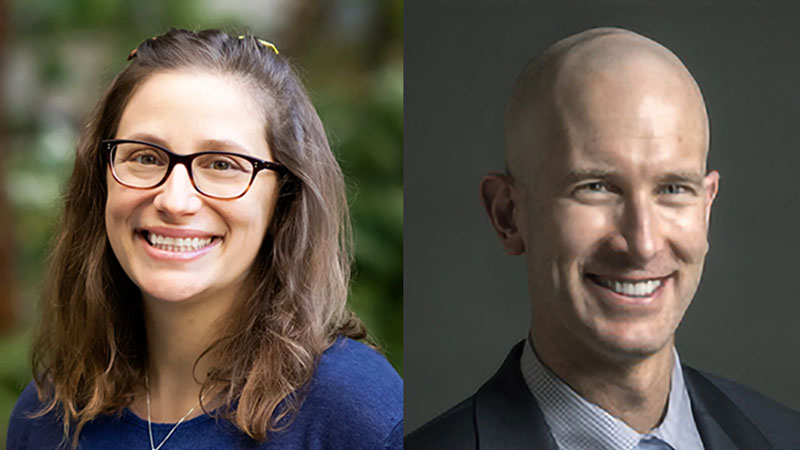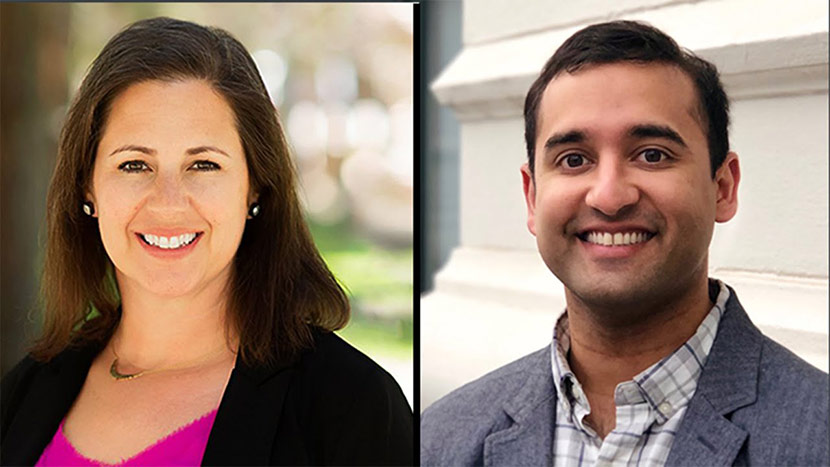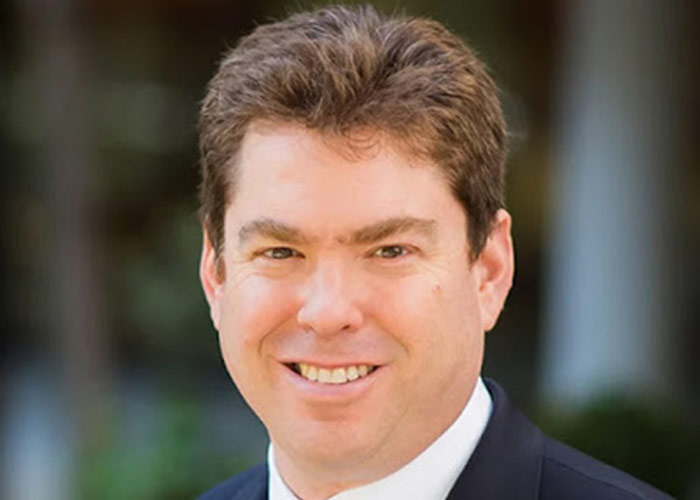by: Stan Terman
Michael Ellenbogen has dementia. He took the #thickenedliquidchallenge. He never wants to have thickenedliquids again, even if his life depends on it. Is this ethical?
Click this link if the video doesn’t appear above.
Michael Ellenbogen’s video addresses the #Thickenedliquidchallenge from a patient’s point of view.
Mr. Ellenbogen tries orange soda, one of his favorite drinks, with thickener. He reports, “The taste was terrible. The drink lost all of it’s flavor, all of the enjoyment of my favorite drink was gone.” He goes on to say, “Many people do not understand that there’s a lot more to eating than just getting the nutrition into our bodies. The texture contributes a lot to how much you enjoy it.”
Mr. Ellenbogen states that if he had advanced dementia he would never want to be fed thickened liquids, “even if my physicians thinks that my life my continued living depends on it.”
More generally, his experience and request bring up the issue on what people can or cannot request in Living Wills, and whether health care providers will honor their wishes. Patients who reach the stage of advanced dementia may have few choices other than to forgo food and fluid because they may have “No Plug To Pull”; that is, they may not depend on any high-tech, life-sustaining treatment.
In a recent blog, Tia Powell, M.D., asked this question: “Can advance care directives ethically specify that oral feeding be withheld?” (Her essay’s lead title is: “Bioethics is not about technology” and can be found at this link, along with some discussion.
Dr. Powell stated, “A patient cannot decline a basic healthcare measure that is not a medical treatment. People cannot request that they not be bathed, or kept warm, or covered… Oral food and drink belong in this same category of basic human care, rather than in the category of medical intervention. An advance directive cannot appropriately ask that basic nourishment be withheld from a person in end-stage dementia…” Powell then asks: “Can an Advance Directive Be Cruel?” Her answer (in part) is: “An advance directive can clarify values and preferences for future treatments, but cannot ask a person, an actual person, to do something he or she should not be asked to do.”
Michael Ellenbogen and I disagree. Michael is living with dementia. I helped him complete his Advance Care Planning (including his Natural Dying—Living Will) in 2012. Michael passionately hopes health care providers will honor his wishes to implement Natural Dying if someday he reaches the stage of Advanced Dementia and no longer can feed himself.
Now Michael also wants to move up the time when “Natural Dying” may be implemented by also refusing thickened food and liquids–if his risk of aspiration pneumonia is high. Definition: “Natural Dying” withdraws the act of assistance by another person, hand-feeding/drinking, but Natural Dying never withholds food and fluid from the patient since food and fluid are always placed in front of the patient, within reach. (Note that Dr. Powell used the word, “withheld” in the title and text of her essay.)
Please take the following poll. Feel free to elaborate on your answers in the comments.



